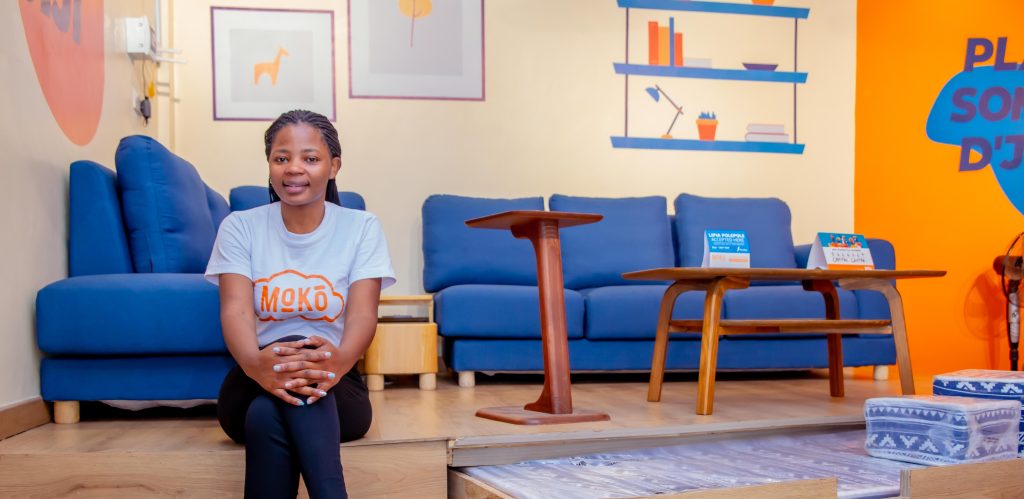Kenya has the largest and most thriving furniture industry in East Africa, but the sector’s potential is hindered by several challenges, among them production inefficiencies and quality concerns, forcing most major retailers to settle on imports.
MoKo Home + Living, a Kenya-based home furniture manufacturer and omnichannel retailer, saw this gap and over several years set out to bridge it through quality and guarantees. The company is now eyeing its next phase of growth, following a $6.5 million Series B debt-equity funding round, co-led by U.S.-based investment fund Talanton and Swiss investor AlphaMundi Group.
Novastar Ventures, which co-led the firm’s Series A round, and Blink CV also made follow-on investments. Kenya’s Victoria Commercial Bank offered $2 million debt financing, as Talanton also extended $1 million mezzanine financing — a debt that can be turned into equity.
IKEA rolls out an AI-powered interactive design experience for shoppers
“We entered this market because we saw a real opportunity to guarantee and deliver quality furniture. We also wanted to bring convenience to customers, by making it easy for them to buy home furniture, the largest asset for most families in Kenya,” Eric Kouskalis, MoKo’s managing director, who co-founded the startup with Fiorenzo Conte, told TechCrunch.
MoKo was founded in 2014, initially as Watervale Investment Limited, an entity that sought to fix raw material supply issues for furniture manufacturers. However, in 2017 it pivoted and started a pilot for its first consumer product (a mattress), and then a year later launched the MoKo Home + Living brand to serve the mass market.
The startup says it has grown five-fold over the last three years, and its products are currently in more than 370,000 homes in Kenya. It hopes to sell to millions of homes over the next few years as it embarks on scaling up production and growing its product line. Among its current products is the popular MoKo mattress.
“We plan to have an offering for each major piece of furniture in a typical home — bed frame, TV stand, coffee table, carpet. We are also developing even more affordable products in existing product categories — sofas and mattresses,” said Kouskalis.
Digital-first brand
MoKo is also planning to use the funding to grow its growth and presence in Kenya by tapping its online channels, building more partnerships with retailers and outlets to increase offline sales. It plans to also purchase more equipment.
Already, MoKo is using digital technology in its production lines, having invested in “equipment that can take complex woodworking designs programmed by our engineers and execute them precisely in seconds.” This, they say, has helped the team to work efficiently and increase production. The “automated recycling technology and software that calculates optimal use of raw materials” has also helped them cut waste.
“We were impressed by MoKo’s climate-friendly local production capabilities. The company is a leading innovator in the industry because they’ve turned sustainability into a remarkable commercial advantage. Every step they’ve taken on this front not only protects the environment, it also improves the durability or affordability of MoKo’s offering to its customers,” said Miriam Atuya of the AlphaMundi Group.
MoKo targets to enter three new markets by 2025 and to reach a wide pool of customers as furniture demand in the continent continues to grow, driven by population growth, urbanization and increasing purchasing power.
“The potential for growth is what excites us the most. There’s still so much room to better serve millions of families in Kenya. That’s just the beginning — MoKo’s model is relevant for most markets in Africa, where families face similar obstacles in making comfortable, welcoming homes,” said Kouskalis.
Branch carves out new furniture collection as folks return to the office
Kaiyo gets $36M Series B for its secondhand furniture marketplace































Comment